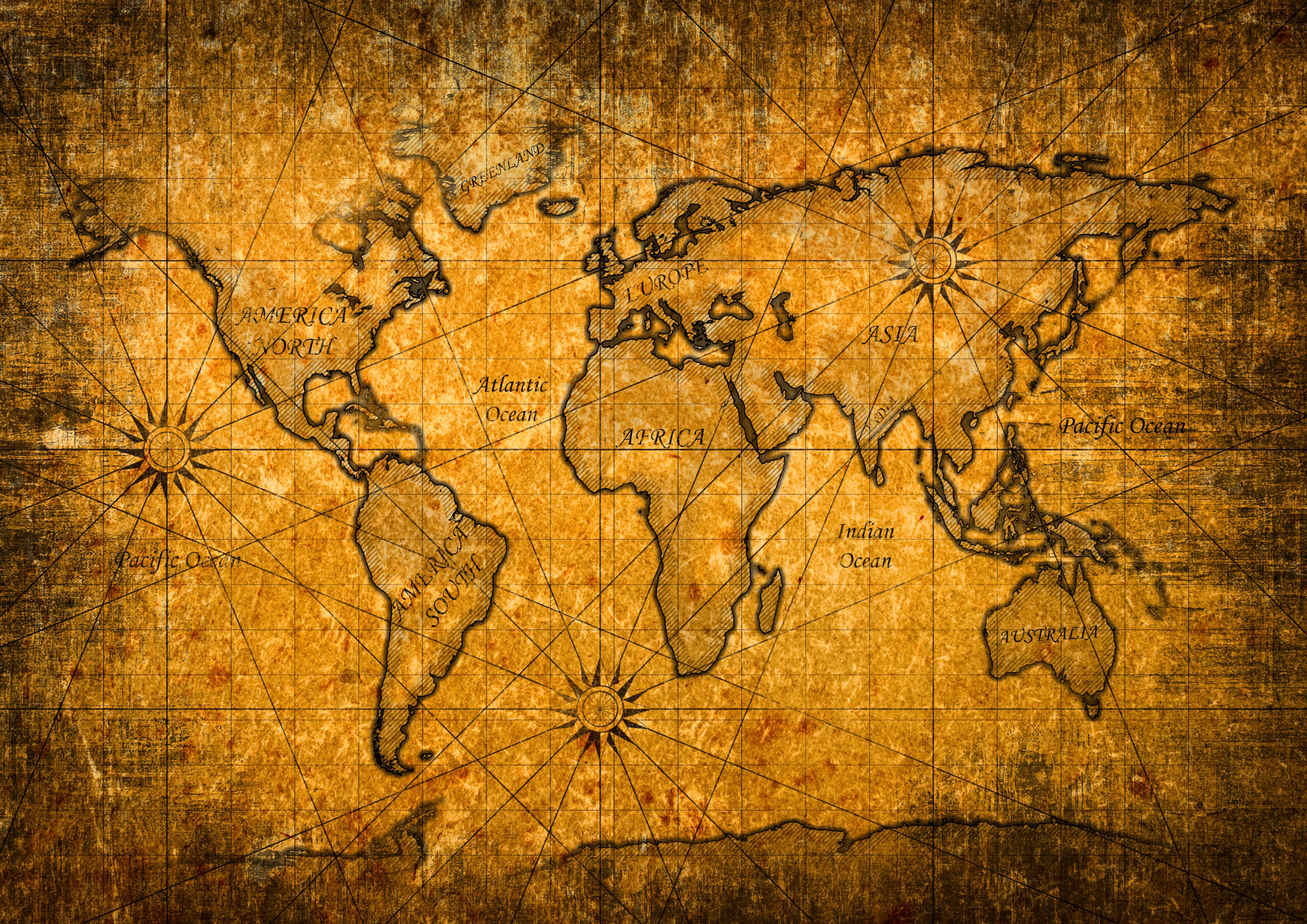American students of my vintage were taught history through a western civilization filter: Europe and the Middle East were ‘Old World;’ this side of the Atlantic was the ‘New World;’ and honestly, China and Asia were pretty much ‘Another World.’ We respected the heritage and sense of a generational bridge back to the mother countries – but saw our potential as moving in new directions: geographically, technologically, spiritually and economically. Globalization became our aspiration – and I think most U.S. businesspeople, from manufacturing to music production to management consulting saw ourselves in the middle of all that opportunity, if not the architects and drivers of the whole scheme.
A little more than a decade ago, I spent six years leading a global consortium of firms, building the connective tissue to identify and deliver marketing services at that scale: 1,800 professionals strong, we had people on the ground in 110 cities pulling together remarkably efficient and effective campaigns (see IPREX). It was heady work, the culmination of more than two decades working with large corporations operating around the world, and I loved every minute of it. I had the opportunity to meet extraordinary people, see a myriad of fascinating places and help global brands develop their ground games.
Then the Great Recession hit, impacting everyone – but some much more than others. The unique strengths and vulnerabilities of each market became much clearer, along with the realization that any sustainable effort to operate at the global scale needs to accommodate the cultures, mores and idiosyncrasies of places as diverse as Shanghai, Stockholm and Sao Paulo or Paris, Pittsburgh and Pretoria. Truly sustainable global brands, it turns out, must be ready to take on the serious challenge of balancing the inputs and sensitivities of all those diverse value sets.
We’ve seen this play out in issues like child labor and industrial pollution; we know it is raging now on environmental standards, human rights and democratic institutions. An emerging issue that has the potential to impact our future as much as any: digital commerce and the regulation of it. And the global fight over who owns data, who controls access to data and who-can-do-what with data will occur during a period of waning American voices in the global debate.
We are far from irrelevant: still one of the largest economies in the world, still the exporter of so much of the content shared around the world – from business to entertainment to health. But “we” have fumbled in our understanding of the diversity and uniqueness of the places and the people around the world. In the same ways we didn’t comprehend the negative impacts of globalization in our own country – widening disparities, lost potential for upward mobility, strained sense of solidarity as a society – we didn’t see, or didn’t care, about the negative impacts of globalization in other places.
Now we have a European Union concerned about the United States, but not waiting for us to be at the table as they shape their future; we have China ready and willing to challenge our dominance in the digital realm. Our positioning with myriad nations and alliances has changed dramatically since the Great Recession. We will continue to be a key player, certainly. But not one seen as having unfettered advantages. Rather, we have exposed our self-inflicted vulnerabilities on the world stage. Competing and winning will be different.
As we await an extremely important U.S. election in four weeks, my colleagues and I are inspired again to approach the work of building global scale solutions to business problems, to environmental challenges, to health and equity challenges. But we won’t be successful working through any Old World vs New World filters. It is a truly New New World for all of us. Here’s to navigating toward a mutually beneficial future together.






